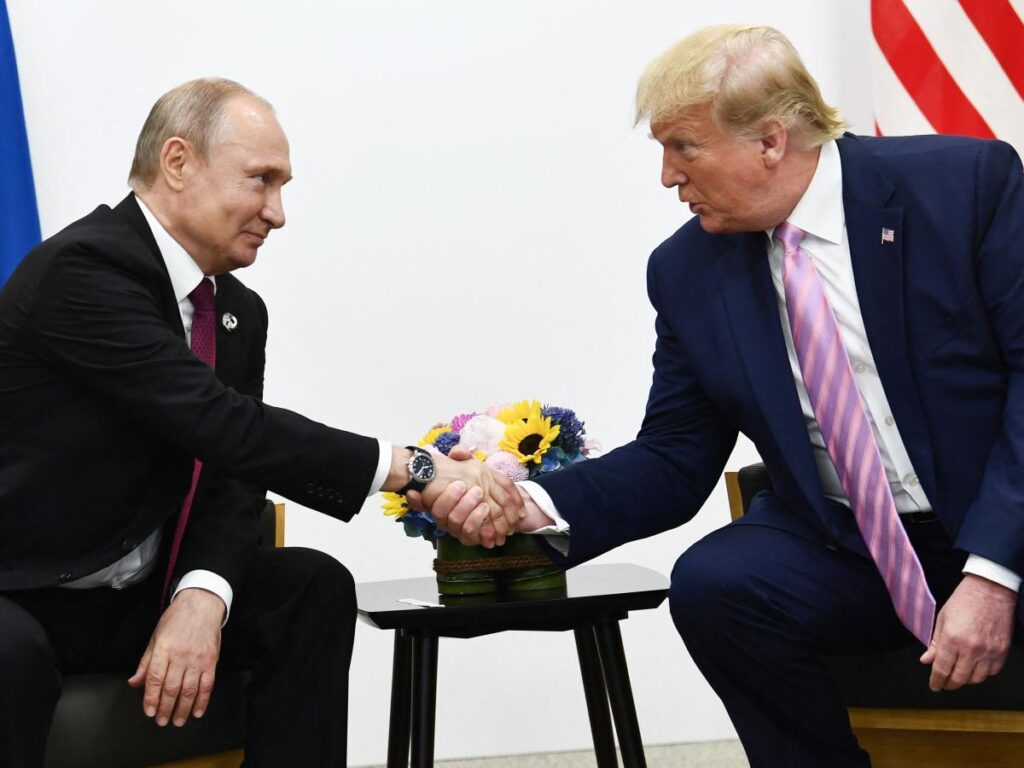Russian state media’s portrayal of the upcoming U.S. presidential election reveals a significant bias despite the Kremlin’s stated indifference toward the election’s outcome. Russian officials, including Foreign Minister Sergey Lavrov, assert that the results of the November 5 election won’t affect Russia’s interests. However, analysts argue that this is far from true; Russia is deeply invested in the electoral process, aiming to influence the outcome in a way that diminishes U.S. support for Ukraine. Policy researcher Ann Marie Dailey emphasizes this point, noting that Russian efforts will likely lean towards favoring a candidate perceived as less supportive of Ukraine, directly indicating that Russia does care about the election results.
The contrasting media coverage of candidates Kamala Harris and Donald Trump by Russian state media reinforces the notion of favoritism. Reports indicate that Harris has faced ridicule on state channels, where her moments of laughter during interviews and debates have been the subject of mockery. In stark contrast, Trump is depicted positively, with Russian state media highlighting his confidence and intelligence. This disparity became particularly pronounced after the recent presidential debate, which many deemed a success for Harris. Russian pundits, unable to reconcile this with their anti-Harris narrative, suggested that Trump was somehow unfairly treated, showcasing a clear bias in their reporting.
Beyond overt media representation, Russian state media has been implicated in covert influence operations aimed at the U.S. electoral process. Both TikTok and Meta have removed accounts linked to Russian state media for allegedly engaging in deceptive activities designed to interfere with the election. Meta specifically banned several Russian outlets, citing their use of covert tactics to peddle propaganda. In the context of a U.S. Department of Justice indictment last month, a Tennessee-based firm was found to have received substantial funding from Russian state media to propagate pro-Trump messaging via social media influencers, illustrating a sophisticated attempt by Russia to infiltrate U.S. public discourse.
Political analysts assert that the Kremlin indeed has a vested interest in the success of Donald Trump, viewing his potential presidency as conducive to Russian objectives in Ukraine. Trump has been notably vocal in his praise for President Vladimir Putin, referring to him as “smart” and expressing a desire to end U.S. support for Ukraine’s military resistance. Such sentiments resonate with Russian interests, particularly given the high costs associated with the ongoing conflict, estimated to have cost Russia over $212 billion thus far, according to U.S. estimates.
Moreover, Trump’s vague proposals for ending the war—such as encouraging Ukraine to concede territory and pledge neutrality—align with what many analysts interpret as terms favorable to Russia. This brings into focus the Kremlin’s likelihood of supporting Trump’s candidacy as it could facilitate a swift resolution to what they perceive as costly and damaging protracted warfare. The Kremlin’s media strategies serve to bolster Trump’s candidacy, with key media figures in Russia speculating that a Trump presidency would enable a weakening of U.S. and NATO alliances, allowing Russia to fortify its position in Eastern Europe.
Ultimately, the actions of Russian state media—ranging from biased commentary to strategic disinformation campaigns—underscore a concerted effort to sway the U.S. election process in favor of Donald Trump, despite official denials from the Kremlin. As analysts continue to assess the geopolitical stakes surrounding the election, the implications of Russian intervention highlight the intersection of media, politics, and international relations, with Ukraine’s future hanging in the balance. The ongoing narrative suggests that the Kremlin’s operations are a significant aspect of the electoral landscape, reflecting their broader ambitions in the global arena.

